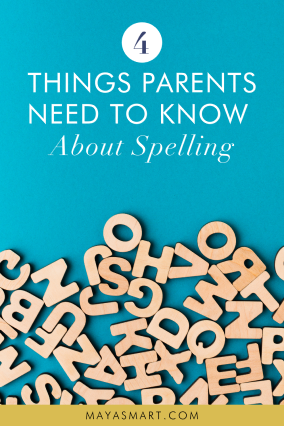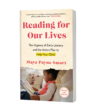
Sources and Further Reading
Martin-Lacroux, Christelle, and Alain Lacroux, “Do Employers Forgive Applicants’ Bad Spelling in Resumes?” Business and Professional Communication Quarterly (2016), https://doi.org/10.1177/2329490616671310.
Graham, Steve, Karen R. Harris, and Michael Hebert, “It Is More than Just the Message: Analysis of Presentation Effects in Scoring Writing,” Focus on Exceptional Children 44, no. 4 (2011): 1–12.
Rossi, Maya, Sandra Martin-Chang, and Gene Ouellette, “Exploring the Space Between Good and Poor Spelling: Orthographic Quality and Reading Speed,” Scientific Studies of Reading 23, no. 2 (2019): 192–201, https://doi.org/10.1080/10888438.2018.1508213.
Paige, David D., Grant S. Smith, Timothy Victor Rasinki, William H. Rupley, Theresa Magpuri-Lavell, and William D. Nichols, “A path analytic model linking foundational skills to Grade 3 state reading achievement,” The Journal of Educational Research (2018): 1–11, https://doi.org/10.1080/00220671.2018.1445609.
Graham, Steve and Tanya Santangelo, “Does spelling instruction make students better spellers, readers, and writers? A meta-analytic review,” Reading and Writing 27 (2014): 1703–1743.
Joshi, R. Malatesha, Rebecca Treiman, Suzanne Carreker, and Louisa C. Moats, “How words cast their spell,” American Educator 32 (2008): 6–16.

